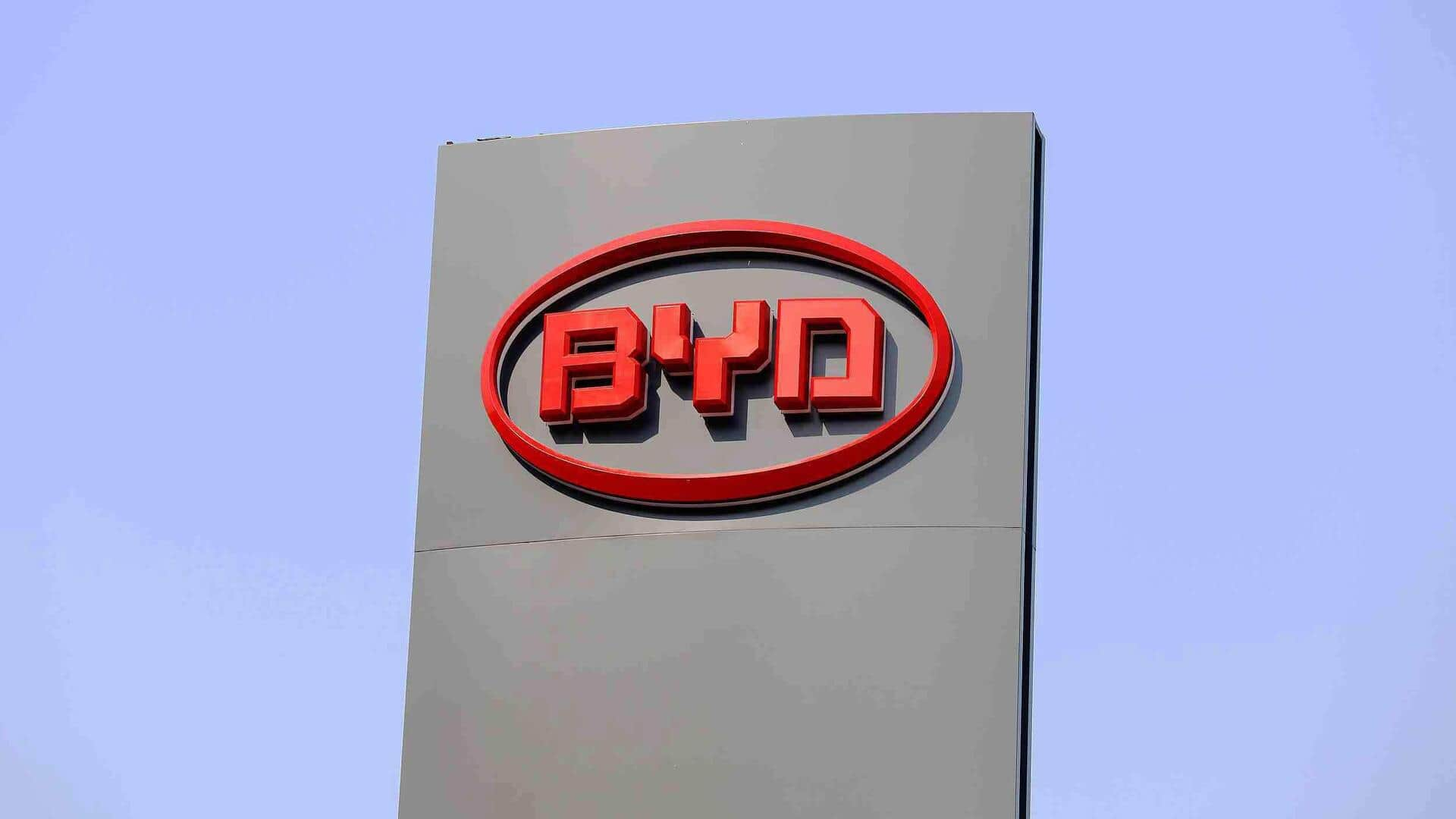BYD, the Chinese electric vehicle giant, has taken automotive manufacturing to a level the world has never seen before. At its sprawling Zhengzhou mega-factory—now the largest electric vehicle plant on the planet—BYD is producing cars at a jaw-dropping rate: one car every 60 seconds. That’s not a typo. This industrial city, covering more than 130 square kilometers (about 50 square miles), is so vast it dwarfs even Tesla’s biggest gigafactories and includes everything from apartment buildings to sports fields for its tens of thousands of workers.
The numbers are staggering. Once all 16 production lines are fully operational, the Zhengzhou plant will be able to manufacture 1 million vehicles per year, which translates to roughly two cars every minute, running non-stop, 24 hours a day. Even now, with just a portion of its lines active, the factory is already setting new standards for speed and efficiency in the global auto industry.
How is this possible? BYD’s approach is all about vertical integration and automation. Almost every part of the car—from batteries to electronics to final assembly—is produced and put together under one roof, slashing transportation time and costs, reducing emissions, and keeping quality tightly controlled. The factory’s AI-driven systems and advanced robotics mean human workers and machines operate in perfect sync, pushing out vehicles at a pace that was unthinkable just a decade ago.

This scale isn’t just for show. BYD’s rapid-fire production is helping the company dominate the global EV market, outpacing rivals like Tesla in both volume and speed. The Zhengzhou plant is the heart of BYD’s strategy to flood the world with affordable, high-quality electric cars—cars that can be built faster and more efficiently than ever before.
So, when you hear that BYD can build one car in just 60 seconds, it’s not a futuristic fantasy—it’s happening now, in the world’s biggest car factory, and it’s changing the rules of the automotive game.
Leave a Reply